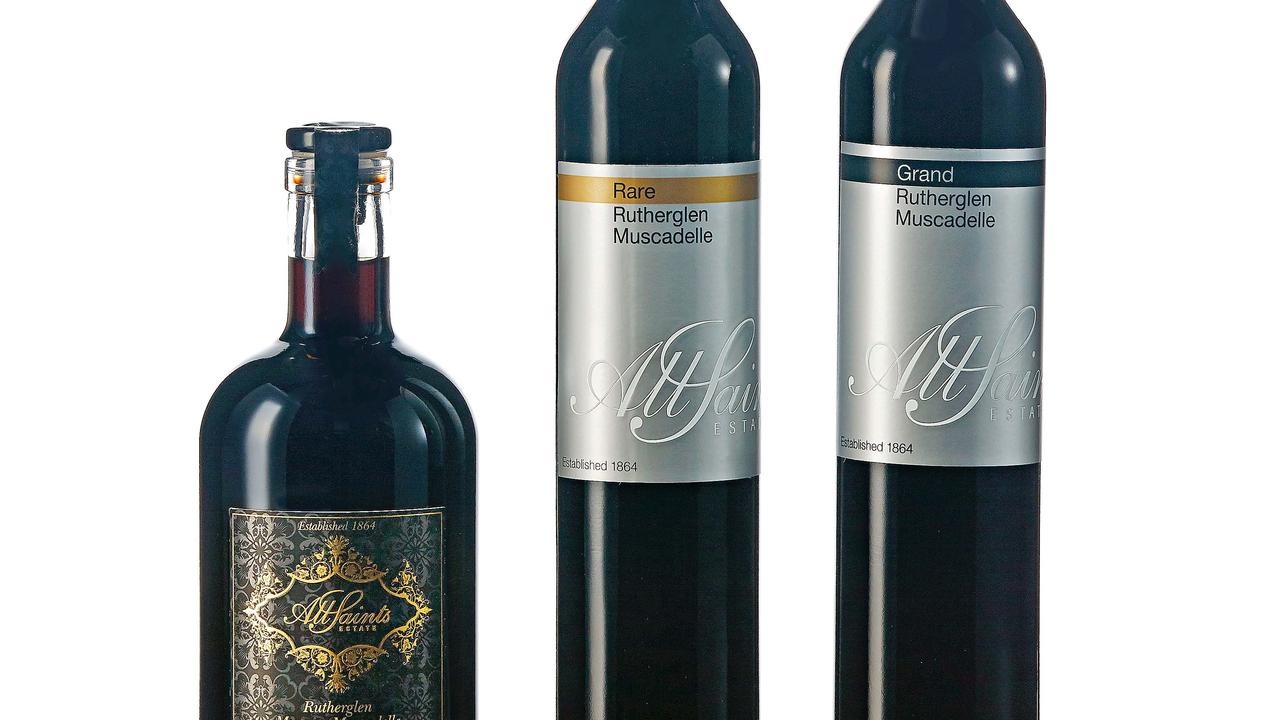WALKING a gaggle of kids on a well-worn path to school. A morning of hurting blue.
"Severe clear," pilots call these skies, and the pull of that hard light is a reason why we've returned to this fair land; the giddying thought of it whispered under my skin for many long years in England and wouldn't let me go. Spirits are high; this is indeed the lucky country. We pass a well-dressed, middle-aged man and his handsome boxer dog. Nod and smile, as you do; a businessman, I assume. The dog halts. Defecates. The man patiently waits, moves on. "Sorry," I gasp, disbelieving, "but aren't you going to pick that up?"
"You pick it up," he challenges. Cocky. Indifferent. Leaving the large messy mound in the path of all the kids trooping along here. Couldn't care less. Ah, modern Australia.
Many things are wrong with this scenario; most obviously, the all-too familiar breakdown in civility we're witnessing increasingly now on roads, in supermarkets and car parks, on the airwaves and in our politics. That attitude of each for their own and bugger the rest. But what was also wrong was the instinctively female response, that first pathetic word from my mouth. "Sorry." Eh? In a flash my little stutter of submissiveness conveyed a certain kind of woman - and the kind of man he was instantly seized upon it with a dismissive flick of a response. In that moment I imagined him as a husband: controlling, arrogant, selfish.
We women apologise too much. A 2010 study pointed to this fact and it's true; it's a lower status tic. By doing so, we devalue a powerful word's meaning and inadvertently signal our lesser status. It's the ingrained language of womanhood and it needs changing, as do the telling little dances around directness - "if I could just add ... ", "perhaps we should ... ", "but what do you think about ... " Why did I preface my shock with that blurt, "Sorry?" It was the programmed precursor to what I really wanted to say. It's all those years of female conditioning to be nice, compliant, the peacemaker. "I think that constantly apologising sends a message to ourselves about who we are in the world, about what place we feel we deserve," says social psychologist Fiona Barlow from the University of Queensland.
Despite that ridiculous lapse, women do, mostly, grow out of it. In our late 30s and 40s we find our voices. We're less afraid to speak out, ruffle feathers, displease. To be the women we really are. We tend to reclaim some of that fire of early girlhood that's gradually nibbled away by puberty, teenage years, the shock of life; the curtain of niceness that Edith Wharton says befalls all females. It's the arc of womanhood for a lot of us.
And it's why Julia Gillard's manner regardless of her political legacy - is so instructive. She's not an apologiser. She wilfully, blazingly, doesn't conform to the fragrant, diminishing stereotype. This is why her demeanour is so enraging to some: females aren't meant to be like this. Yet for certain women, younger ones in particular, she's galvanising. It's a way of being. A banner for how to be. The tenacious feistiness when under pressure, the determined calm, the direct, articulate voice, the refusal to play the lower status card. Perhaps that will be her legacy more than any other. She's teaching women something. To speak up; to be the kind of woman who wouldn't say sorry recklessly or extemporaneously, but selectively; to preserve the word's potency.
A postscript: After the momentary lapse, both sense and voice were reclaimed. The man was told off in no uncertain terms school kids walk daily along the sullied path.
"That's their problem," he said. Sigh. The whole episode a reminder to cull that word, sorry, as a meaningless, diminishing reflex. It doesn't get you far.
nikki.theaustralian@gmail.com



